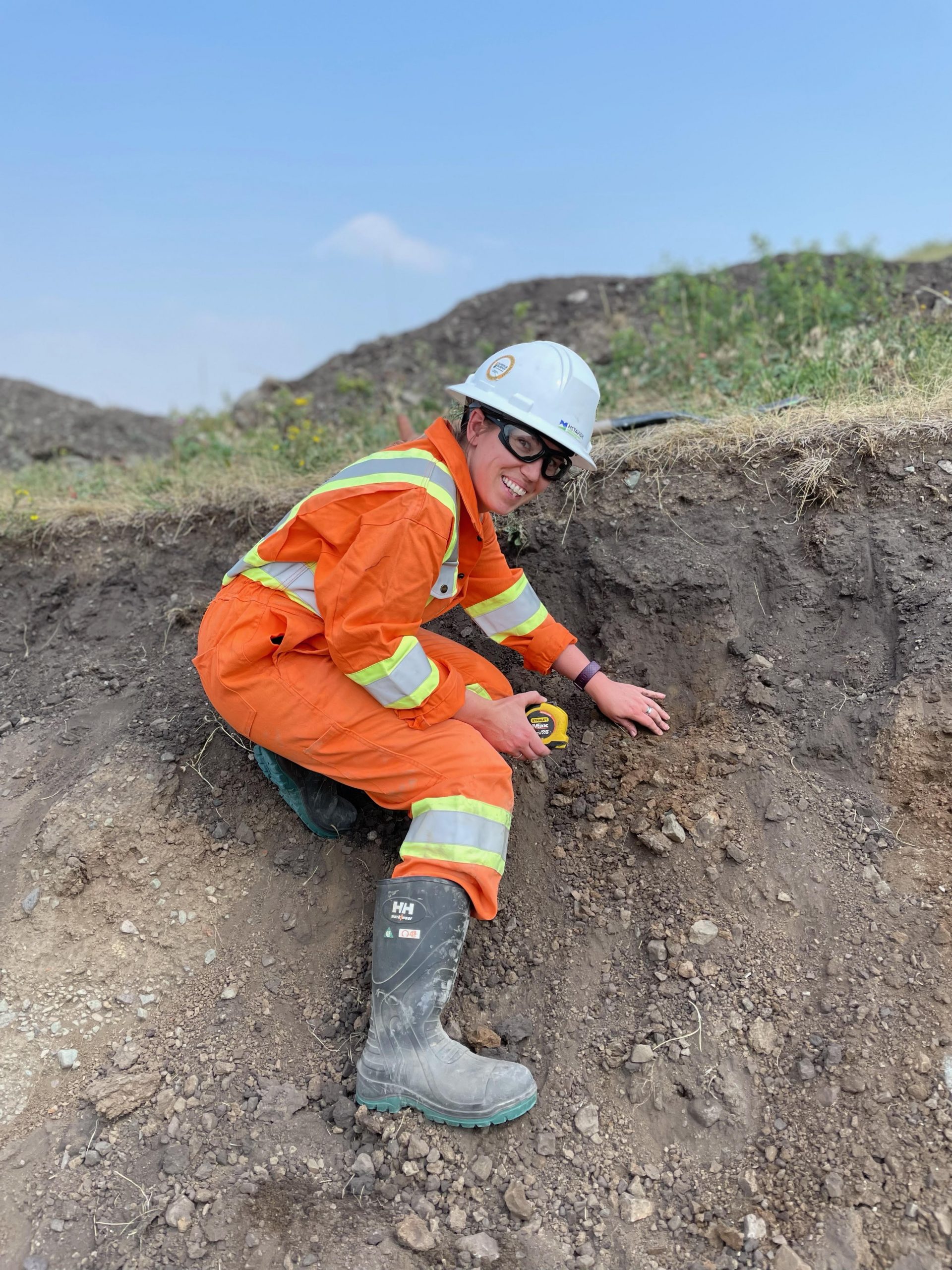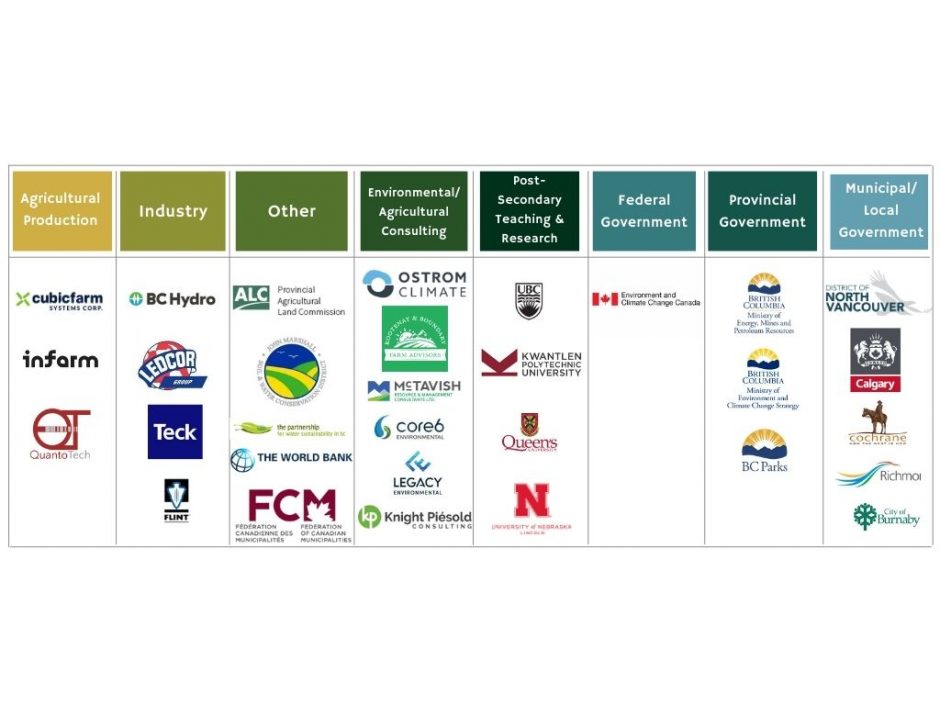Career Resources
The first step on the path to your career as an environmental professional.


There is a great global demand for professionals who can understand and analyze the relationships between the resource sectors and the realities of human population growth, increased demand on land and water systems and the added uncertainty brought by climate change.
The MLWS degree is designed to equip students and young professionals with resource management skills and knowledge of institutions, policies and ecological constraints of the resource sectors, in order to meet the needs of resource practitioners in both public and private sectors.

Many graduates of the MLWS program work as independent consultants in the environment and agriculture sectors. Visit our Alumni page to see what our graduates have been up to.
In addition, recent graduates have been employed by the following organizations:

Looking for some helpful tips and tools to assist with your job hunt? Read on for a range of resources for prospective and current students and alumni to prepare you for success in an effective job search.
For MLWS Alumni, the UBC Alumni center also has a great variety of career development resources.
The following job posting sites are great places for graduates in our field to search for employment.
Follow MLWS on social media for postings about relevant career opportunities.
Many science and engineering careers in the natural resources management, agricultural and environmental fields require a professional designation in the province of British Columbia (as in many jurisdictions across Canada). This requires one to become a member of a regulated profession in BC.
Many job positions in the field will require applicants to either be a member-in-good-standing with one of the above organizations, or be eligible to immediately apply for membership.
“By applying stringent accreditation procedures, mandatory professional development, and conduct standards, including rigorous complaint and discipline procedures, BCIA and its registrants protect the public interest in the province’s agricultural, environmental and natural resource sectors.”
If you want to work with BC’s land and water systems, it is strongly recommended that you research which regulating professional body you are eligible to join – one that aligns with your academic background and interests. Courses taken in the MLWS program will help fulfill some academic requirements of the professional organizations, but it is helpful to review their requirements early, to inform your course planning. The Academic Coordinator can help streamline this process for new MLWS students.